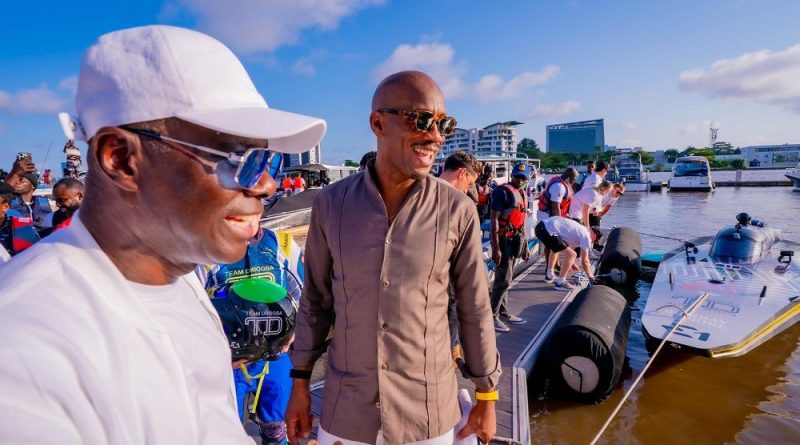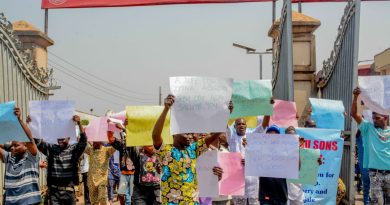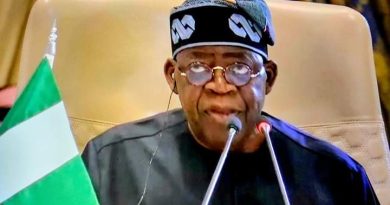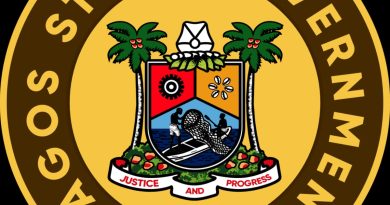The Lagos E1 Success: How Governor Babajide Sanwo-Olu And His Tourism Team Put Lagos On The Global Map
By Seun oloketuyi
In October 2025, Lagos did not just host an event — it made history. The city’s bustling waterways, vibrant skyline, and unmatched energy came alive as the world’s first all-electric powerboat championship — the E1 Grand Prix — docked on African shores for the very first time. From Venice to Jeddah, Monaco to Rotterdam, the E1 Championship has captured imaginations across continents, but its Lagos edition redefined what it means for Africa to take center stage in global sustainability and sports innovation.
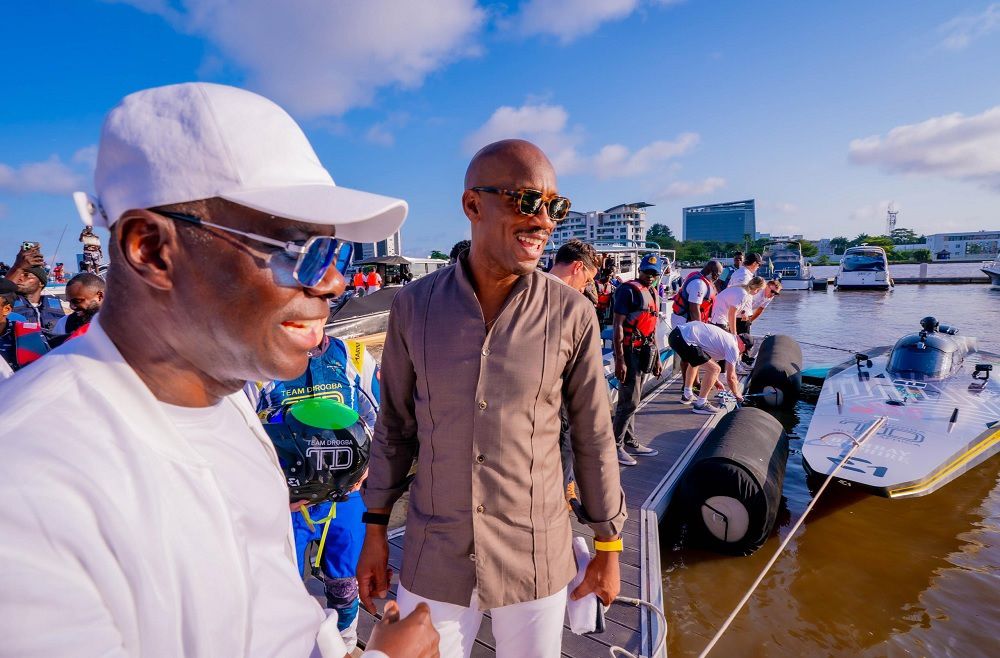
For two unforgettable days, the Five Cowries Creek transformed into a spectacle of speed, sustainability, and celebration. Thousands of spectators, tourists, and media professionals from across the world converged on Victoria Island to witness Lagos showcase itself not just as Nigeria’s commercial capital, but as a global city of creativity, technology, and green progress. The Lagos E1 Grand Prix was not only a race — it was a statement of intent.
Vision and Leadership
Behind this success stands the visionary leadership of Governor Babajide Olusola Sanwo-Olu, whose unwavering commitment to positioning Lagos as Africa’s leading destination for sustainable tourism and innovation made the event possible. Through strategic partnerships, long-term planning, and a forward-thinking tourism policy, Sanwo-Olu and his team turned an ambitious idea into a continental milestone.
The Lagos E1 project aligns seamlessly with the state’s broader “THEMES+” development agenda — particularly in Transportation, Entertainment & Tourism, and Sustainability. By bringing the world’s first all-electric boat race to Africa, Lagos signaled its readiness to embrace the future of mobility and green technology, while also affirming its place as a global city for culture, entertainment, and investment.
Collaboration That Delivered
The success of the event was also the result of a deeply collaborative effort. The Lagos State Ministry of Tourism, Arts and Culture, under the leadership of Commissioner Mrs. Toke Benson-Awoyinka, worked hand in hand with other agencies including the Lagos State Waterways Authority (LASWA), Lagos State Environmental Protection Agency (LASEPA), and the Lagos State Safety Commission. Together, they ensured the event’s logistics, environmental management, and security met world-class standards.
From early preparations through to execution, the tourism team’s focus was clear: to present Lagos as a city that can deliver global-scale experiences while maintaining its local authenticity. The event’s environmental design — anchored on electric-powered boats and a zero-emission philosophy — mirrored Lagos’ growing emphasis on sustainability and blue economy development. It was also a showcase of Nigeria’s capacity to host major international events without compromising safety or quality.
Putting Lagos on the Global Map
The E1 Lagos Grand Prix generated unprecedented global attention. Major international media outlets featured Lagos prominently, while social media platforms buzzed with awe-inspiring images of the city’s waterfront, skyline, and cultural vibrancy. Celebrities, investors, and sports enthusiasts from different continents shared in the Lagos experience, helping to amplify the city’s profile as a must-visit destination for tourism, leisure, and business.
For local entrepreneurs, artisans, and creative professionals, the event created fresh opportunities. Hotels, restaurants, and transport operators recorded significant business spikes. The city’s creative economy — from fashion to film, photography to music — found new exposure as global brands engaged with Lagos’ youthful energy.
A Legacy of Sustainability and Innovation
More than a sporting event, the E1 Championship in Lagos underscored a powerful message: that Africa can lead in the global transition toward clean energy and sustainable transport. The electric powerboats that raced across the Lagos Lagoon represented a new horizon for marine technology — one that aligns perfectly with Lagos State’s drive to modernize water transport and reduce carbon emissions.
By hosting E1, Lagos didn’t just participate in a world-class event; it became a symbol of transformation — a city embracing innovation to preserve its environment, empower its people, and inspire the continent.
A New Chapter for Lagos Tourism
With the success of E1, Lagos has once again proven that it can compete with global destinations. The event joins the growing list of world-class experiences — from fashion and film to music and tech — that now define the Lagos story. For Governor Sanwo-Olu and his team, this milestone reaffirms their commitment to a vision of Lagos that is open, dynamic, and globally connected.
The E1 Lagos Grand Prix has left a legacy — not just in the water trails of the RaceBirds, but in the renewed confidence that Lagos can dream big, act boldly, and deliver exceptionally. In the words of Governor Sanwo-Olu, “Lagos is a city built for the future. The E1 success is proof that when we match our ambition with action, the world will always look our way.”
Indeed, Lagos looked to the waters — and found the world looking back in admiration.

